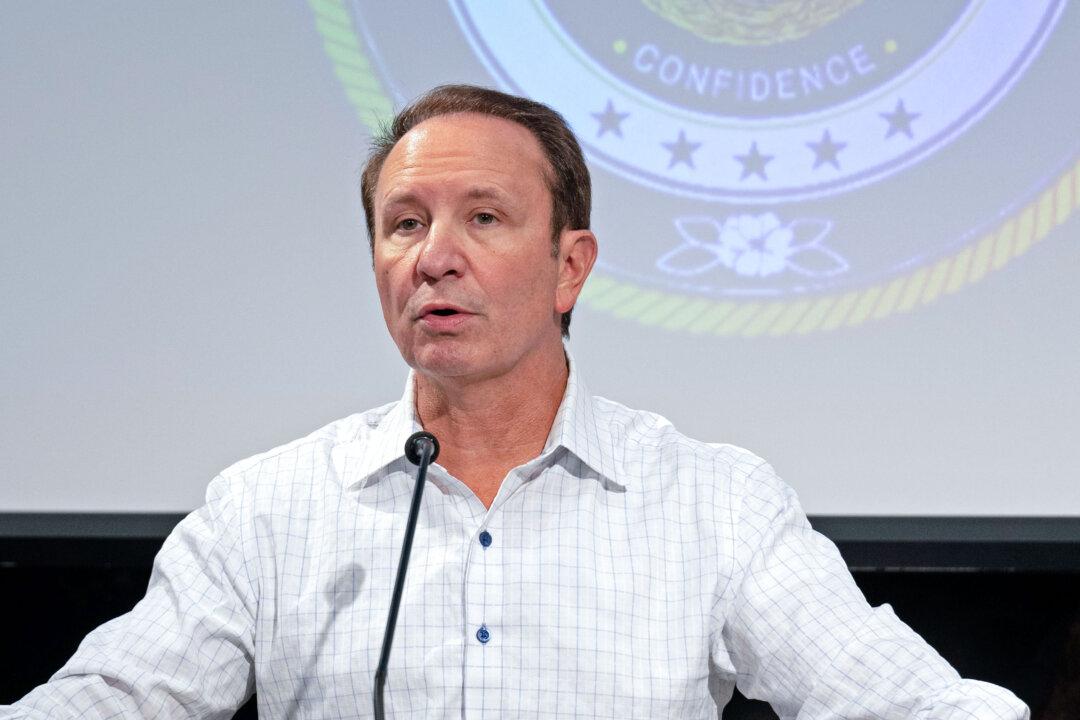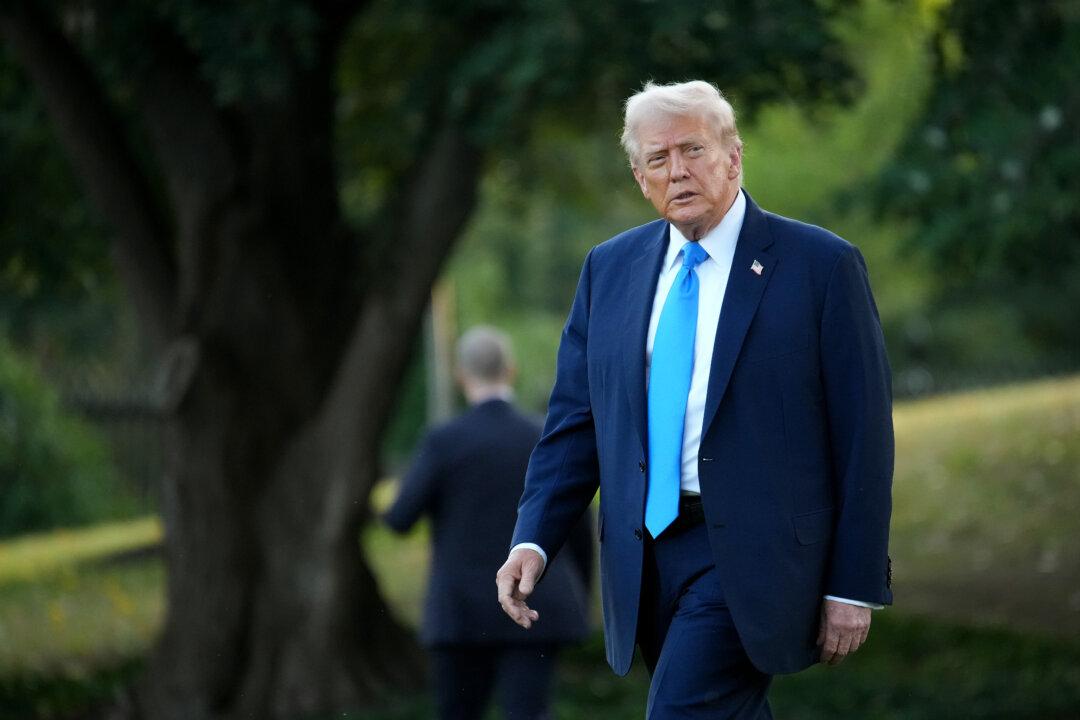The Department of Justice’s (DOJ’s) latest objection to allegations that it suppressed evidence in its prosecution of Jan. 6, 2021, defendant Jacob Chansley flies in the face of the Sixth Amendment, current and former attorneys of Chansley told The Epoch Times in separate interviews this week.
“They are hiding. They affirmatively are electing not to disclose [exculpatory evidence],” Albert Watkins, Chansley’s former attorney who negotiated the Navy veteran’s 41-month sentencing agreement in 2021, told The Epoch Times on March 14, referring to the DOJ.





